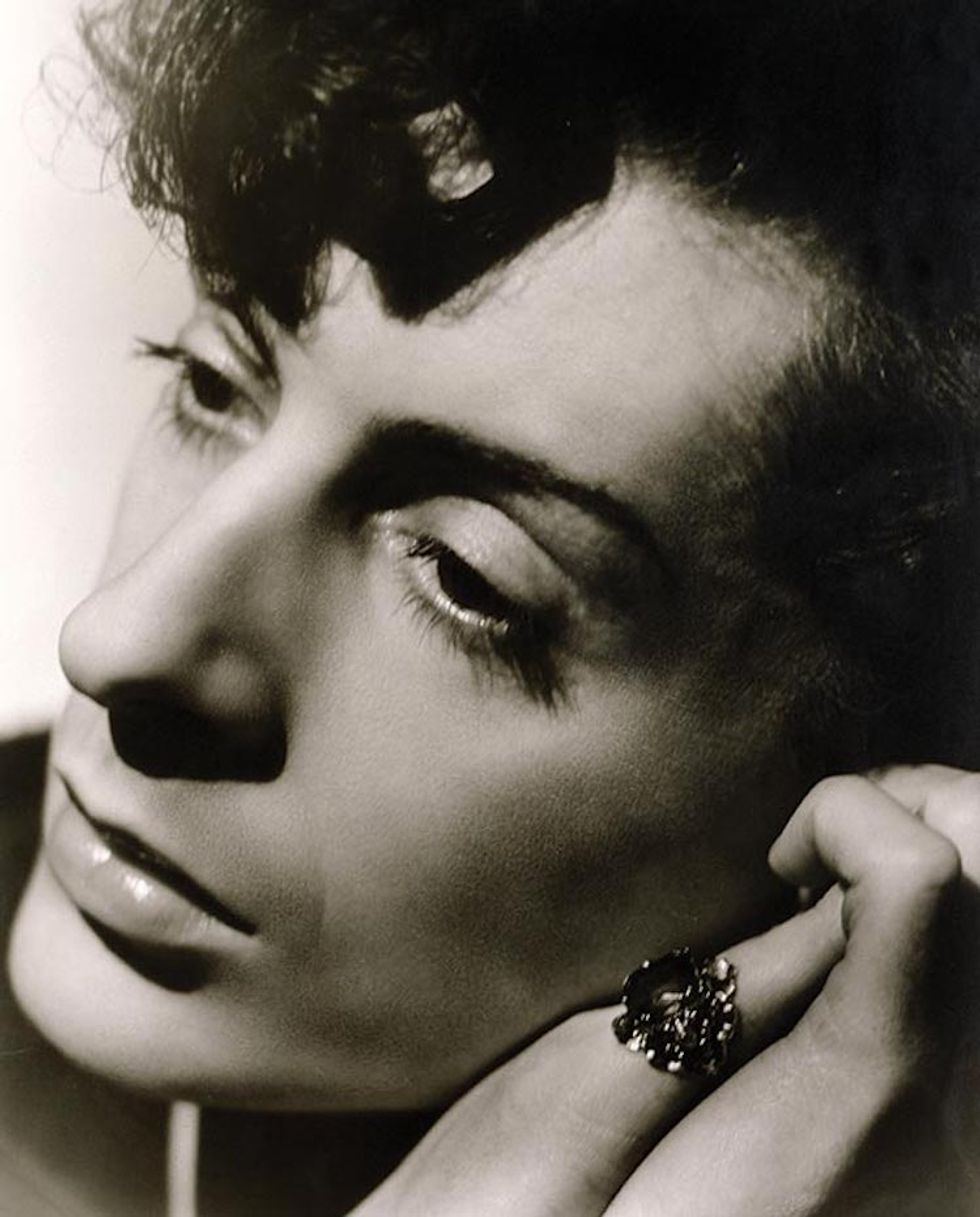London
London Art World Celebrates Critical LGBTQ Anniversary

By continuing to use our site, you agree to our Privacy Policy and Terms of Use.

The depiction of queer Britain in art has been a rich, complex affair in which sex and class intersect and artists express themselves through either secret code or flagrant revolt. This evolving approach to sexuality and gender will be vividly illuminated this summer in a series of major exhibitions across London’s museums and art spaces, designed to mark 50 years since homosexuality was partially decriminalized in 1967.
Tate Britain’s show is the biggest, and the first exhibition of its kind. “Queer British Art” begins in 1861, when sodomy became no longer punishable by death, and ends more than a century later with decriminalization.
Tragedy dominates, but the storytelling is inventive. Even a well-worn tale like Oscar Wilde’s is narrated with the aid of powerful artifacts, like the actual door to his cell in Reading jail. Where there is drama, there is also impertinence. The Islington library books collaged with gay sex illustrations by the queer playwright Joe Orton and his partner Kenneth Halliwell are two big fingers to the establishment; the couple did six months in prison in 1962 for their mischief. On display for the purists are more refined examples of queer visual art, though a section dedicated to the high society Bloomsbury set of which Virginia Woolf played her part says as much about that other British obsession—class—as it does about sex.

'Quentin Crisp' by Angus McBean (1941)
Situated in modern-day Bloomsbury, London’s august institution The British Museum takes a broader view with “Desire, Love, Identity: Exploring LGBTQ Histories,” which stretches from ancient civilizations to today. But this show branches out far beyond the British shores, trailing the same-sex romance of a Roman emperor and turning a spotlight on contemporary Japanese drag queens. Meanwhile, an exhibit devoted specifically to the anniversary of decriminalization uses badges, coins, prints, and sculpture to illustrate how the campaign for equality has advanced.
Across the Thames, the National Theatre salutes this 50-year milestone by examining how the stage has represented the LGBTQ experience. The highlight of the “Queer Theatre: LGBT+ Stories & Social Change” series—which includes exhibitions, talks, and screenings—is a “Rehearsed Reading” weekend in July, when directors like Tarell Alvin McCraney, Stephen Daldry, and Polly Stenham will revive seminal queer works. And starting that same month, the National Trust property Sutton House will celebrate queer art and activism under the banner “School of Anarchy—the Summer of Empowerment,” proof that the spirit of rebellion is alive and well in the British capital. Colin Crummy
“Queer British Art” runs through October 1 at Tate Britain; “Desire, Love, Identity: Exploring LGBTQ Histories” runs through October 15 at The British Museum; “Queer Theatre: LGBT+ Stories & Social Change” runs through July 10 at the National Theatre; “School of Anarchy — the Summer of Empowerment” runs July 26 through September 3 at Sutton House.